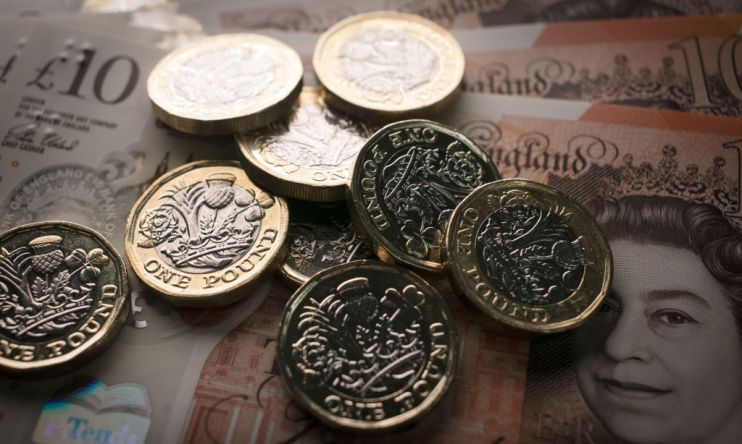Government breaches another manifesto pledge by denying full triple lock uplift

The government has breached another manifesto pledge and scrapped the normal functioning of the state pension triple lock, it announced today.
In a statement delivered to the House of Commons today, secretary of state for work and pensions Thérèse Coffey announced the government will employ a triple lock lite, denying millions of pensioners an uplift to their state pensions.
Under the normal functioning of the policy, the state pension rises each year by whichever is highest out of 2.5 per cent, inflation or wages. However, the government has decided to remove wages from the calculation due to the furlough scheme distorting annual wage growth.
In 2022/23, the state pension will rise by whichever is highest out of 2.5 per cent of inflation, for one year only. The normal functioning of the triple lock will remain this year.
According to the Office for National Statistics, average earnings surged 8.8 per cent over the last year, meaning pensioners would have been set to receive a historic windfall without the triple lock tweak.
Coffey told the Commons: “We have seen as the economy and businesses have reopened… the labour market has shown strong signs of recovery and earnings have risen at an unprecedented rate and we face a distorted reflection of earnings growth.”
“At a time when we have made tough decisions to restore the public finances which have impacted working people” retaining the normal functioning of the triple lock would not be “fair”, Coffey said.
Speaking on Monday, Mel Stride MP, chair of the Treasury select committee, labelled the triple lock “unfair”.
“A potential almost double-digit percentage rise is unrealistic and unfair, with knock-on effects for the public finances,” he said.
Steve Webb, partner at LCP and former pensions minister, said: “The UK state pension remains relatively low by international standards and many women in particular depend on the state pension for a large part of their income in retirement.”
Webb noted pausing the normal policy on a one-off basis strikes the right balance, but stressed the importance of resuming the triple lock to help equalise British state pensions with other developed nations.
However, Helen Morrissey, senior pension and retirement analyst at Hargreaves Lansdown, questioned whether the current situation highlights the flaws in the policy, and called for the government to examine whether the triple lock is still relevant.
“While the suspension is only for a year, the time has come to look at whether the triple lock is fit for purpose and remains the best way to preserve the long-term value of the state pension,” she said.
Triple lock lite is second Tory manifesto breach announced today
The announcement comes as the government today confirmed it will hike national insurance and dividend taxes by 1.25 percentage points to raise funds to channel into UK’s ailing social care system and help pay for clearing the swelling backlog of NHS work, breaching another manifesto pledge to not raise national insurance, VAT or income tax.
After winning the Tory leadership race in 2019 to become prime minister, Boris Johnson promised he had a prepared plan to fix the social care system that was ready to be implemented.
Chancellor Rishi Sunak is keen to put the public finances on a more sustainable path after the response to the Covid crisis has ravaged the Treasury’s coffas. Providing an 8.8 per cent uplift to millions of Brits’ state pension would have heaped further pressure on the public finances.
Maintaining the full triple lock would have likely drawn sharp criticism from younger voters given they are being asked to shoulder a heavier tax burden to pay for older voters’ social care, despite receiving no short-term benefit from the national insurance hike.
The government borrowed heavily throughout the pandemic to fund economic support schemes such as the furlough initiative. However, monthly borrowing is easing as the lifting of Covid restrictions has stimulated economic activity and boosted tax receipts.
The government borrowed substantially less money than forecast in the financial year to July, taking on £78bn in debt over the period. The government’s spending watchdog, the Office for Budget Responsibility, had expected borrowing over the period to reach £104bn.
Sunak has instructed the OBR to produce its next official set of forecasts for the UK economy on 27 October. Sunak will deliver the next budget and spending review on the same day.